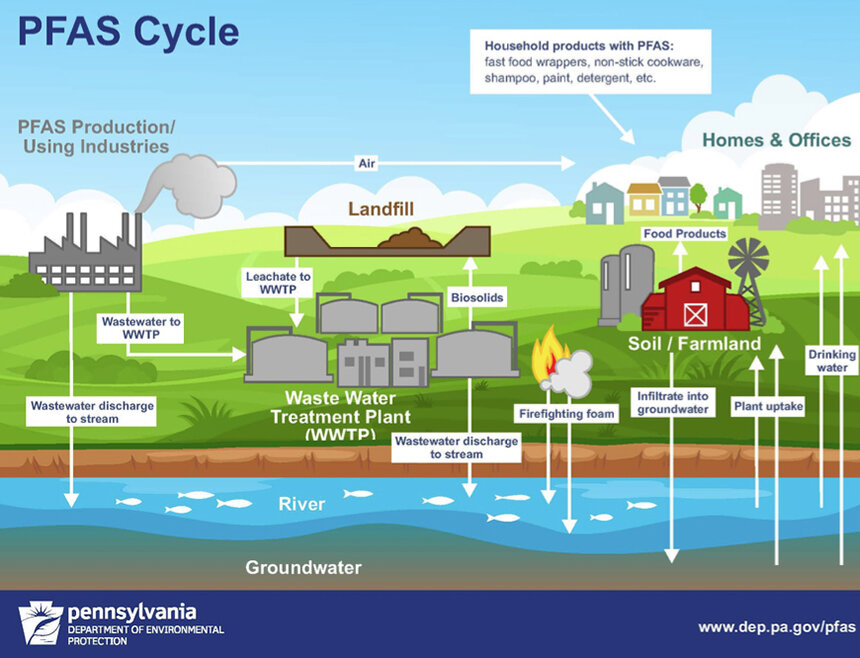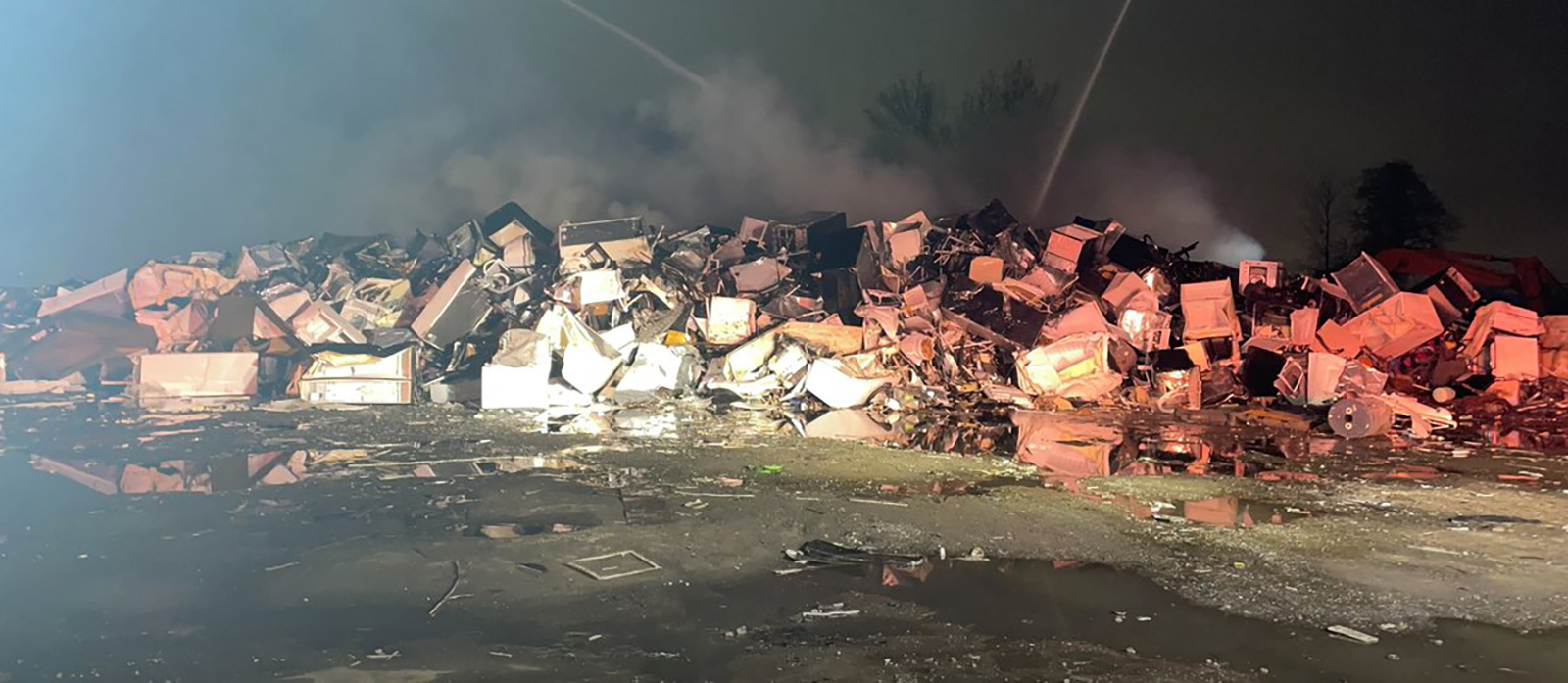Advocates Push R.I. Officials to Use Federal Money to Replace Lead-Contaminated Water Pipes
October 1, 2021
PROVIDENCE — Advocates are calling on state leaders to spend $500 million in federal money to replace an estimated 100,000 lead-contaminated water service lines throughout Rhode Island. The Childhood Lead Action Project has assembled a coterie of 40 state and local organizations and two dozen political leaders that support using American Rescue Plan Act dollars and other federal funding to fix a statewide public-health issue.
“Clean water is a human right,” said Terri Wright, an organizer at Direct Action for Rights and Equality (DARE), said during a Sept. 30 rally at the Statehouse. “And a necessity to lead normal human lives.”
Wright, who as a child had been lead poisoned, noted many low-income parents struggle to find clean water and/or access to testing.
The homes most at risk for lead pipes are concentrated in the state’s urban core and its poorest neighborhoods.
“There is no safe level of lead in children, we know that,” said Dr. Michael Fine, former director of the Rhode Island Department of Public Health.
Children with acute lead poisoning may experience nausea, vomiting, stomach aches, and abdominal pain. The long-term effects from lead in blood are more severe. Lead poisoning may decrease a child’s ability to learn and may increase the likelihood of developmental disabilities.
Lead has long plagued Rhode Island. The state’s housing stock trends older, and any homes built before 1978, the year when lead-based paints were banned nationwide, are likely to have lead paint, lead dust and/or lead pipes. Lead poisoning in children has quietly gone up, with 3.6 percent of all children younger than 6 statewide testing positive for elevated lead levels in their blood.
Providence Water serves 60 percent of the state’s population and has long dealt with lead contamination. Its water is sourced from the Scituate water, lead-free, but lead gets into the water once it hits the service pipes. National standards set the limit for lead in water at 15 parts per billion (ppb). Water suppliers hitting that level must take actions to control corrosion.
Since 2006, Providence Water has exceeded the lead action levels 14 out of 15 years. The utility in recent years has ramped up efforts to replace contaminated lines. Since 2017, Providence Water have replaced 2,300 public-side lead service lines and 1,100 private-side lead service lines. It currently estimates there are 10,200 public service lines and 16,700 private lines remaining with lead.
Replacement is just one option the utility has for keeping lead out of drinking water. Providence Water officials will often raise the pH of its water — typically by adding phosphorus — to cause reactions to minimize lead corrosion. When water interacts with the buildup inside pipes, it can increase or decrease the leaching of lead.
A $3 million loan from the Rhode Island Infrastructure Bank has enabled Providence Water to offer 10-year 0% interest loans for homeowners to assist with private service line replacement. The cost to replace a service line ranges from $2,000 to $3,000. Advocates say even without paying back interest, poorer residents on fixed incomes can’t afford the loans. So far, about 750 of the utility’s customers have used the loan service.
In a statement provided to ecoRI News, Providence Water said it “supports additional funding for lead service line replacement which aligns with our goal of providing lead free water at our customers taps.”
“The current plans aren’t sufficient for those on fixed incomes,” Rep. David Morales said. Morales represents Providence’s House District 7, an area in the West End with plenty of old homes, and lead pipes. “Drinking water should never be viewed as a privilege.”
Advocates perceive the $500 million price tag as both a cost-effective preventative health-care measure and a job creation boost. They estimate at least 100,000 lead-contaminated service pipes exist statewide. There is no estimate for how long it would take to replace every pipe, but advocates see it as enough work to keep a small army of local plumbers and professional contractors busy for years.
“It’s only expensive if you think it’s not worth doing,” parent and advocate Liz Colón said.
Rhode Island currently has about $1.1 billion in funding from the American Rescue Plan Act (ARPA). Gov. Dan McKee wants to allocate $100 million for housing, child care, and small business help by the end of the year. The state is the only one in New England not to touch ARPA funds. Legislative leaders have said they want to spend the money as part of the typical budgeting process. The state may receive more federal funding in an infrastructure package being debated in the U.S. House of Representatives.
“It’s outrageous we’re still here in 2021 talking about lead in drinking water,” said Devra Levy, community organizer at the Childhood Lead Action Project. “It’s time to replace the pipes.”
The Lead-Free Water Coalition plans on sending a letter outlining its proposal to state leaders next week. The list of organizations that have signed it include Black Lives Matter RI PAC, Clean Water Action Rhode Island, the Conservation Law Foundation, United Way of Rhode Island, and the Thundermist Health Center.




Now THAT’S infrastructure I could get behind! Lead pipe replacement vs highway "improvements" is a no-brainer.